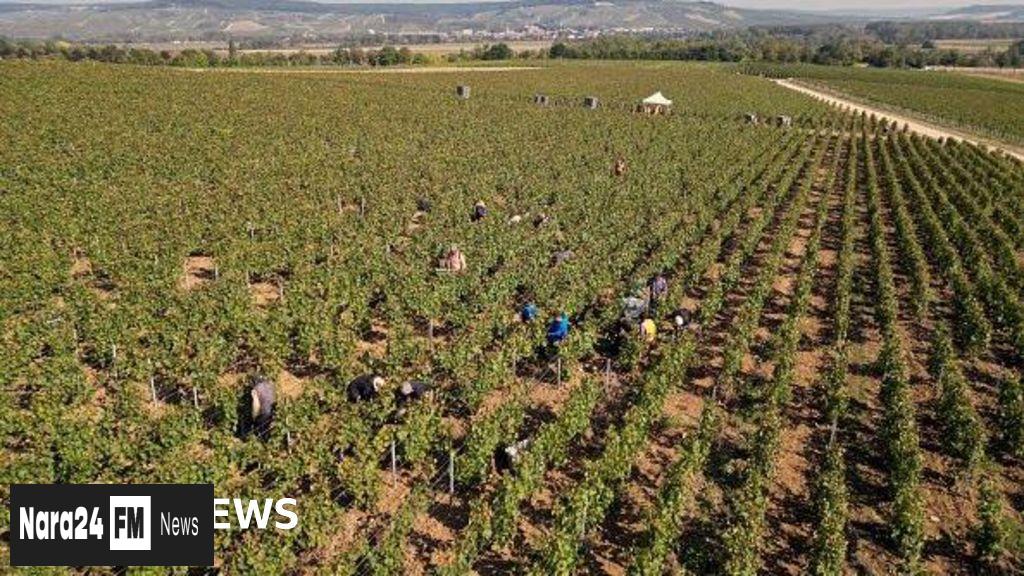Key Takeaways
- A high-profile trial has begun in France to investigate alleged human trafficking and labor exploitation in the champagne industry.
- Three individuals are accused of exploiting over 50 seasonal workers in Reims, France.
- Workers were recruited through a WhatsApp group targeting undocumented migrants from West Africa.
- Living conditions were described as deplorable, with inadequate sanitation and lack of protection.
- Prosecution alleges workers were paid wages unrelated to their work and faced unsafe working conditions.
- Svetlana G., the recruitment agency owner, faces charges of human trafficking, undeclared labor, and housing vulnerable individuals.
Champagne Industry Under Scrutiny as Human Trafficking Trial Begins in France
A high-profile trial has commenced in Reims, France, shedding light on alleged human trafficking and labor exploitation within the country’s prestigious champagne industry. Three individuals—a woman from Kyrgyzstan, a man from Georgia, and a French national—are accused of exploiting over 50 seasonal workers, primarily undocumented migrants from West Africa.
The workers, aged between 16 and 65, were reportedly recruited through a WhatsApp group targeting the West African Soninke community in Paris. They were promised "well-paid work" in the Champagne region during the 2023 harvest season. However, upon arrival, they were housed in deplorable conditions in a building in Nesle-le-Repons, southwest of Reims. The makeshift accommodations lacked clean water, adequate food, and proper sanitation, with mattresses scattered on the floor and no protection from the elements.
Kanouitié Djakariayou, a 44-year-old worker from Mali, described the living conditions as "unfit for animals." Doumbia Mamadou, 45, added that the experience left them "traumatized," with no access to psychological support due to their undocumented status.
Labor inspectors, alerted by a local resident, documented the scene and confirmed violations of safety, health, and dignity. Workers were reportedly transported to vineyards in unsafe trucks, worked ten-hour days with minimal breaks, and were paid wages that bore "no relation to the work performed," according to the prosecution.
The accused include Svetlana G., 44, who operated a recruitment agency called Anavim, specializing in labor for the wine industry. She faces charges of human trafficking, undeclared labor, and housing vulnerable individuals in unfit conditions. If convicted, all three defendants could face up to seven years in prison and hefty fines.
The case has sparked broader concerns about labor practices in the €6 billion champagne industry, which relies heavily on seasonal workers for the annual grape harvest. Trade unions have called for stricter regulations, including the potential loss of the "champagne" label for producers found using illegal labor.
Jose Blanco of the CGT union emphasized, "It should not be possible to harvest the grapes of champagne using human misery." Meanwhile, the Comité Champagne, the industry’s main representative body, condemned the alleged abuses and emphasized that such practices are rare and swiftly addressed when discovered.
The trial continues as the champagne industry faces mounting pressure to ensure ethical labor practices and protect its global reputation.








Comments (0)
Leave a Comment
Be the first to comment on this article!